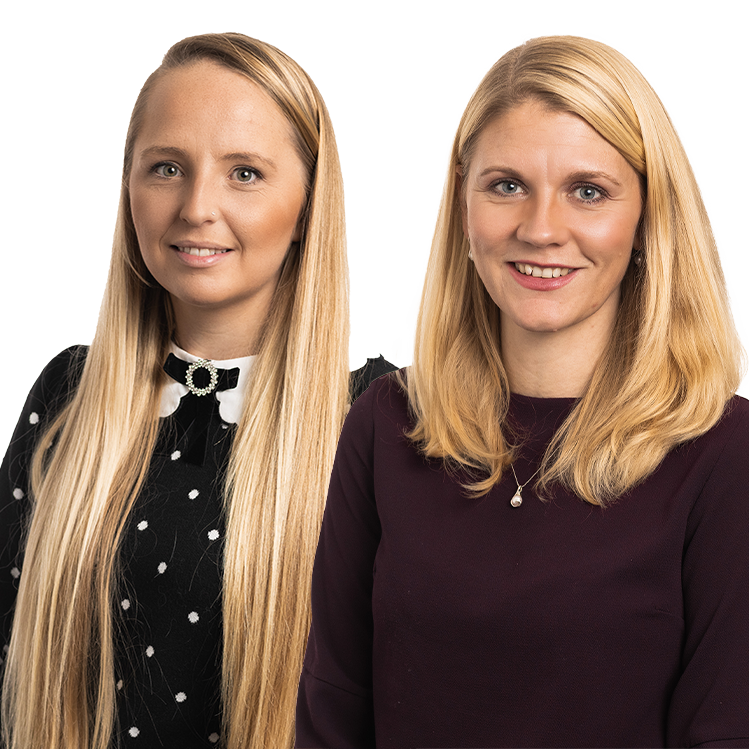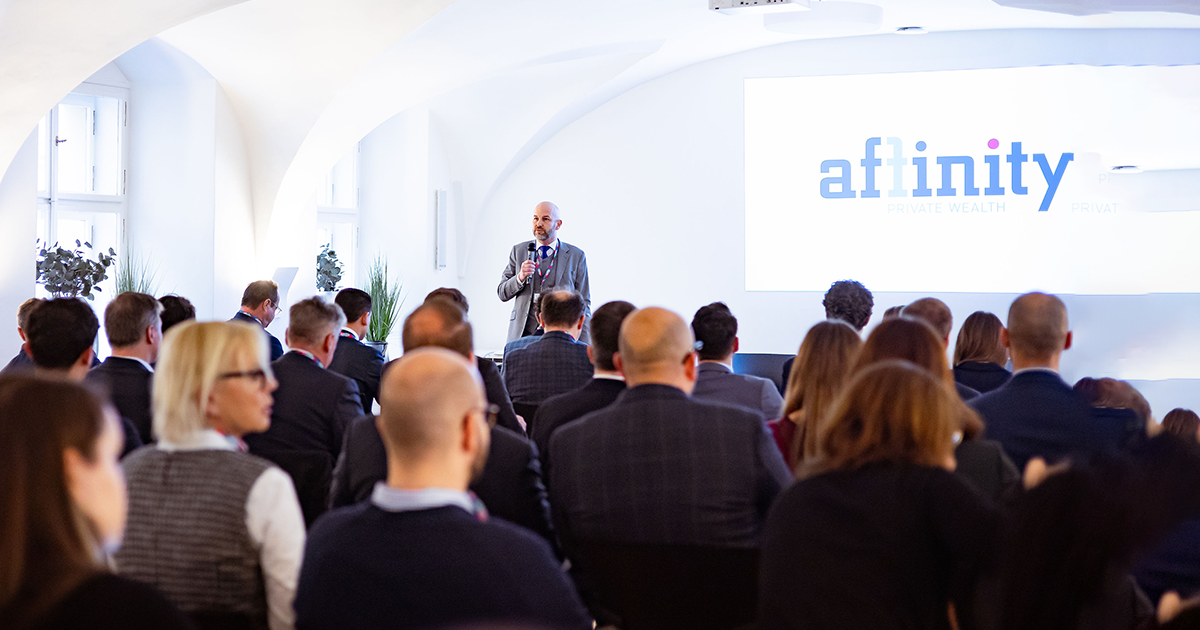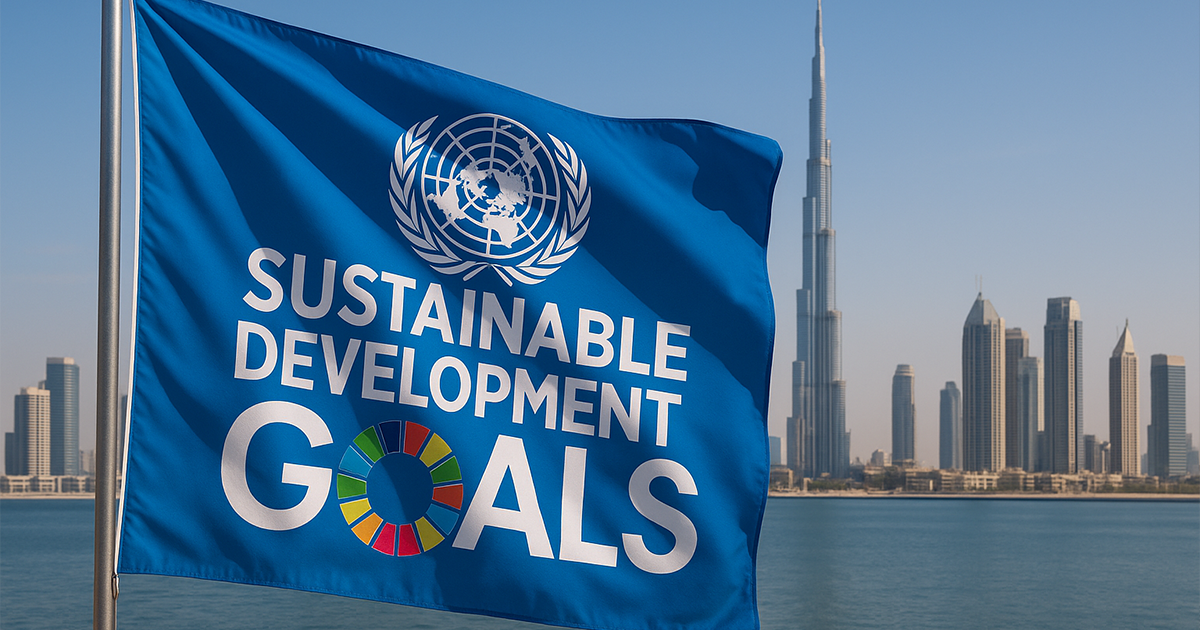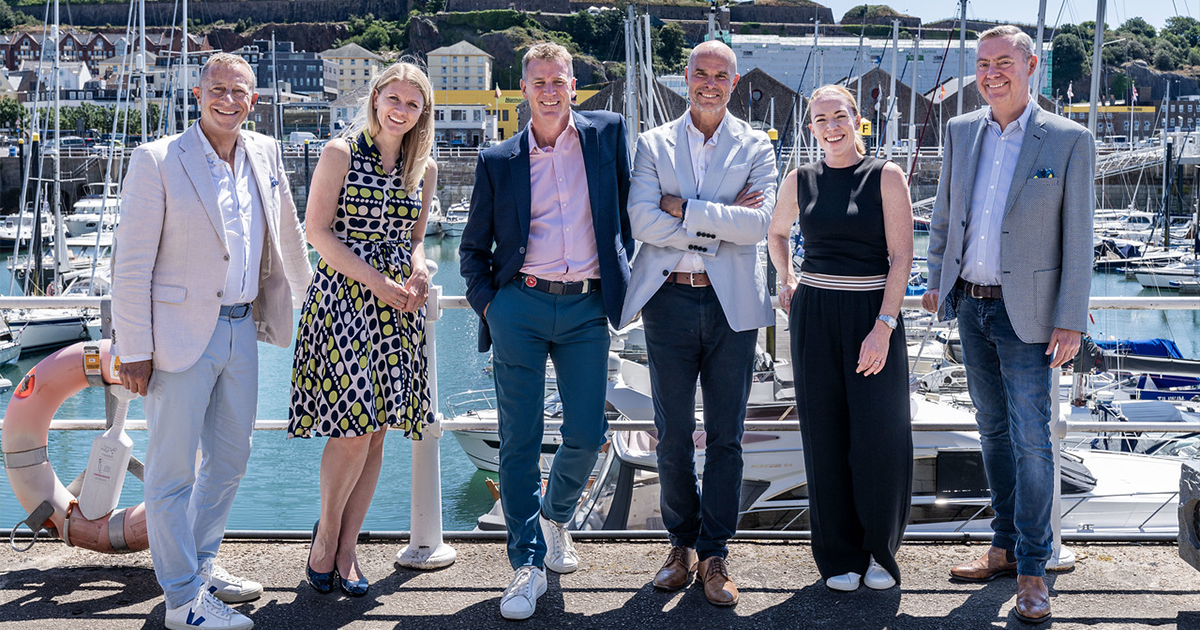Earlier this year, Affinity Trust partnered with Ocean Culture Life (OCL) to fund a series of Storytelling Grants; an initiative created to amplify the voices of those working tirelessly to protect our ocean. With the first cohort of winners now announced, this collaboration has supported a group of talented filmmakers, photographers, and creatives as they bring to life powerful, untoldstories of conservation, community, and connection to the sea.
- See all the finalists here
This isn’t just about storytelling, it’s about impact. These grants go beyond financial support. They offer a global platform to share inspiring work, connect with a wider network of ocean advocates, and spark real change. At the core is a shared mission: to protect and restore our ocean for future generations.
This partnership reflects a shared belief between Affinity and OCL that storytelling is a catalyst for meaningful change. Aligned with UN Sustainable Development Goal 14, these stories shine a light on the often-unseen efforts happening across coastlines, coral reefs, and communities around the world.
In January, Cara and Elizabeth from Affinity joined OCL’s judging panel to hear over 50 pitches from finalists across the globe. The standard of work was exceptional, and choosing the winners was no easy task. Every story had something important to say: some explored the urgent need for action, others captured the shifting state of our seas, and many offered a moving reflection on the role the ocean plays in our lives.
Below, we’re proud to spotlight three standout projects from the first cohort, that aligned with Affinity’s values, whilst also reflecting on what we can learn from these powerful advocates.
Each one is a reminder that when we give the ocean a voice, we give it the power to inspire, educate, and heal.

1. Freedom on the Water: Ella’s Story from Pembrokeshire, Wales
Story by Liam Webb
In the small coastal village of Dale, a young girl named Ella is discovering the ocean for the very first time, not through stories or photos, but through paddleboarding.
Ella, a young girl living with cerebral palsy, is discovering the ocean in a way many take for granted: not from afar, but from within it. Thanks to Windswept Watersports and their pioneering Paddle-Ability program, Ella now spends her weeks out on the water, gliding across the waves on an adaptive paddleboard, free, confident, and alive.
Her journey is deeply personal, but the impact is far-reaching. This story, told through Liam Webb’s upcoming documentary, captures more than just one child’s experience. It’s a powerful reflection on what happens when we break down barriers; physical, social, and systemic, and make outdoor spaces truly accessible for all.
The film also highlights how inclusion isn’t just about infrastructure; it’s about intention. With specialised equipment, dedicated instructors, and acommunity-first ethos, Windswept has created a model that proves accessibility doesn’t dilute the adventure, it enhances it.
“There should be no barrier to accessing watersports.” - Sarah, Windswept Watersports
Ella’s laughter, her courage, and her connection to the water serve as a call to action for watersports centres, policymakers, and communities around the world to make inclusion a priority. Because when inclusion is the foundation, lives change. Families grow closer. Communities grow stronger.
This isn’t just a film about one girl. It’s a vision of a world where no one is left behind when it comes to experiencing the wild, wonderful power of the ocean.
🎬 Filming begins in June 2025
Relevant SDGs: SDG 3 (Good Health & Wellbeing), SDG 10 (Reduced Inequalities), SDG 11 (Sustainable Communities), SDG 14 (Life Below Water)

2. The Rebel Reef: When Science Meets Hope in Honduras
Story by Tiffany Duong
Just off the coast of Tela, Honduras lies a reef that shouldn’t exist, not in the condition it’s in. Known as the Rebel Reef, this coral ecosystem is defying expectations. Where other reefs are dying, it’s thriving, holding coral cover levels over 50% in waters that are warm, sedimented, and polluted.
At the centre of this story is Antal Borcsok, founder of Tela Marine, Central America’s only public aquarium. Through his work, Borcsok has made it his mission to share the reef’s wonder with locals who’ve never had the chance to see what lives beneath their shores.
This documentary shines a spotlight on Borcsok’s vision and the resilience of a reef that could hold critical clues for coral survival in a changing climate. With local screenings planned and a Spanish-language trailer in development, the aim is not just to inform, but to ignite national pride and global curiosity.
In a time of climate despair, Rebel Reef offers something rare: hope.
“They must understand this is their reef. If it is to survive, they must take responsibility for it.” - Antal Borcsok
📽 Premiering in Honduras and internationally from December 2025.
Relevant SDGs: SDG 13 (Climate Action) , SDG 14 (Life Below Water) , SDG 4 (Quality Education), SDG 17 (Partnerships for the Goals)
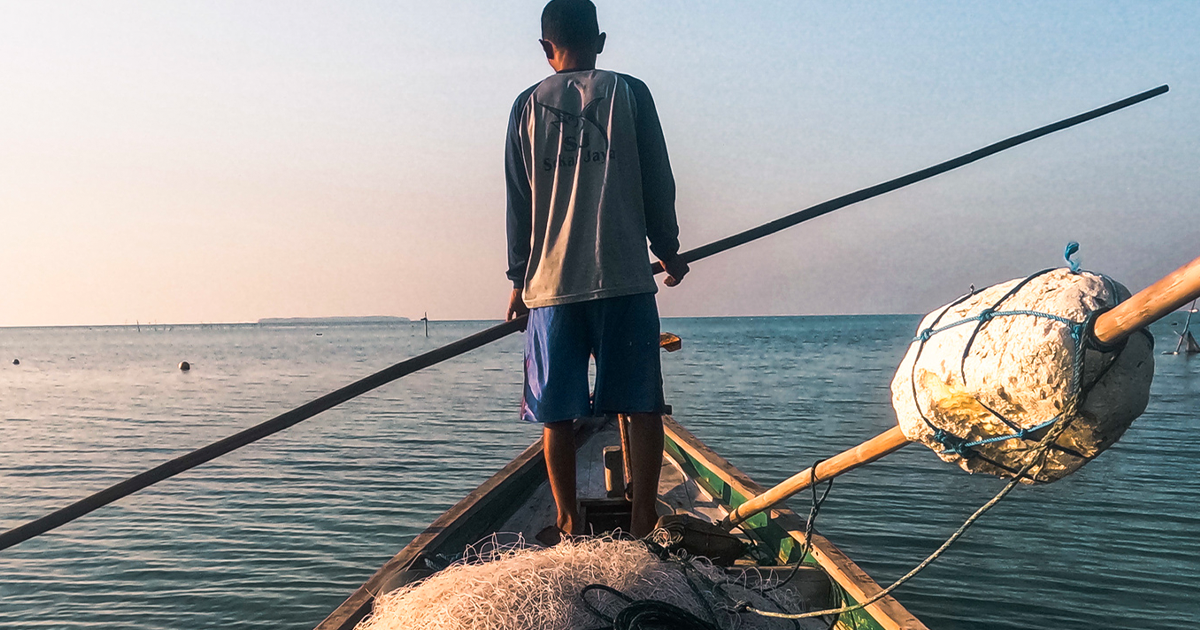
3. Nets of Change: When Fishers Become Protectors
Story by Maula Nadia
In the remote waters of Karimunjawa National Park, Indonesia, a quiet transformation is taking place, one net, one decision, one conversation at a time.
Once reliant on catching critically endangered rhinorays, a small group of local fishers is now working to protect them. Through the ‘Fishers Scientist’ program, launched by Elasmobranch Project Indonesia, five gillnet fishers are being trained in marine research, data collection, and habitat mapping. The goal? To help identify critical areas for conservation and to reduce pressure on rhinoray populations, starting from within the community itself.
Their journey, from harvesters to stewards, is as much about redemption as it i about resilience. It’s about recognising the deep connection between people and the ocean, and shifting the narrative so that fishers are no longer seen as part of the problem, but as central to the solution.
The upcoming short film, "Jaring Perubahan" (Nets of Change), will tell their stories in full-capturing their motivations, struggles, and the quiet power of choosing to do things differently. Each fisher brings a unique voice to the project: some fish with their children, others balance conservation with seaweed farming or small-boat livelihoods. Together, they represent a powerful model of grassroots conservation in action.
This isn’t just a story about saving a species, it’s about building trust, empowering communities, and reframing what conservation looks like when it’s driven by those who live closest to the sea.
“We’re showing that fishers are not the problem, they’re part of the solution.” - Elasmobranch Project Indonesia
🎥 Film completion expected around May 2025.
Relevant SDGs: SDG 14 (Life Below Water), SDG 1 (No Poverty), SDG 12 (Responsible Consumption and Production), SDG 17 (Partnerships for the Goals)
Why These Stories Matter
These are more than stories, they’re road maps for other communities to listen, learn, and take action. They remind us that:
- Change is most powerful when it comes from within. Conservation is far more effective when local communities, like the fishers in Indonesia, are invited tobe part of the solution, rather than being told what to do from the outside. When people are given the tools, trust, and opportunity to lead, the results are not only more sustainable, they're transformative.
- Inclusion strengthens communities. Ella’s story shows us that when we remove barriers to the ocean, we open up so much more than access, we open up possibility. Programs like Paddle-Ability don’t just support individuals; they bring families together, build confidence, and create spaces where everyone belongs. Inclusion empowers, connects, and uplifts entire communities.
- Hope can be found in unexpected ecosystems. We may not be able to reverse ocean warming overnight, but we can learn from resilient ecosystems like the Rebel Reef. These rare places offer insight into how nature adapts, and how we can support rewilding efforts to protect what still remains.
We’ll be following and sharing updates on each of these projects throughout the year, so make sure to follow Ocean Culture Life and Affinity on Instagram to stay close to the stories as they unfold.
Because when we work together, it just feels better.

